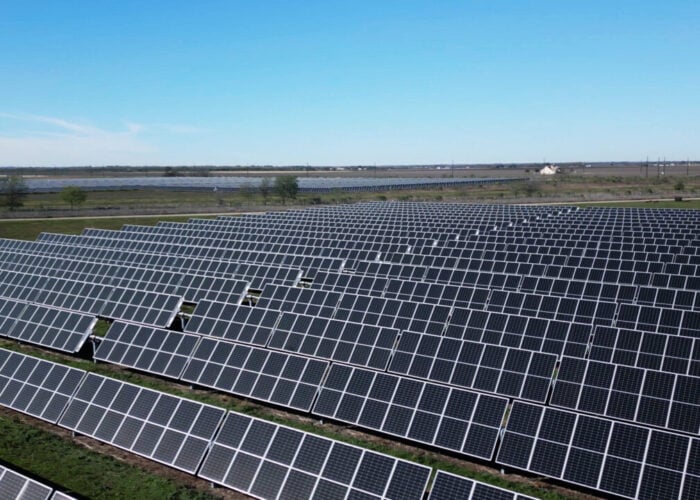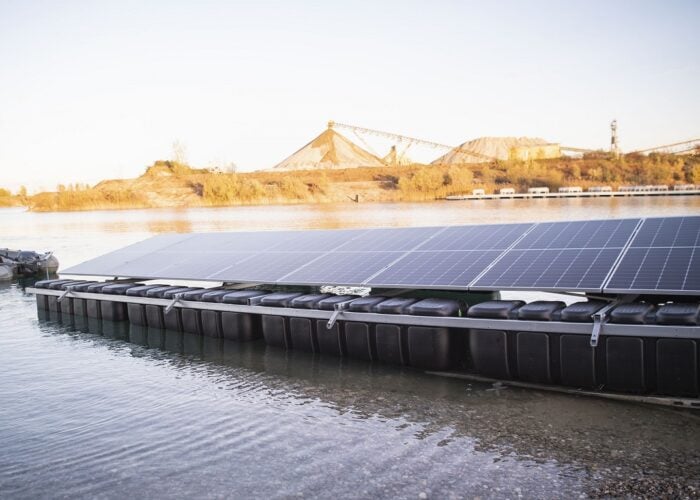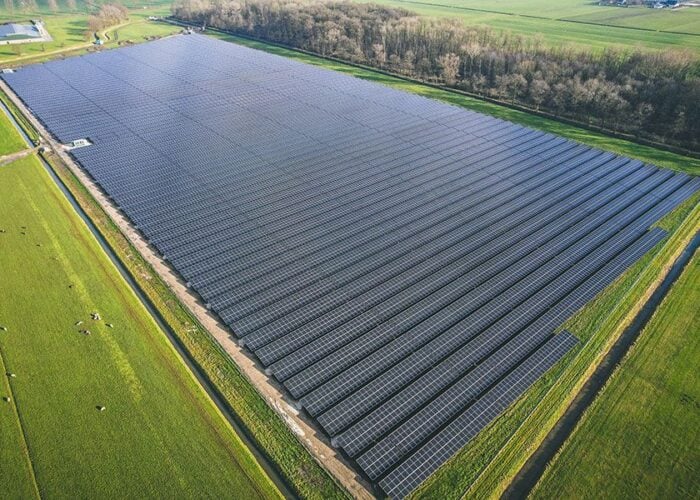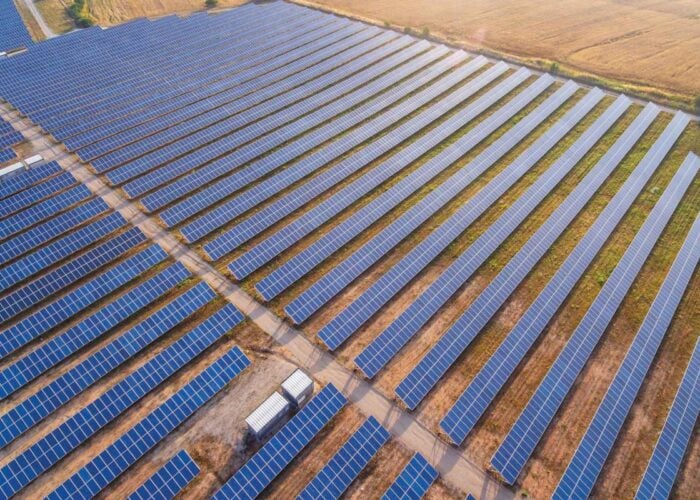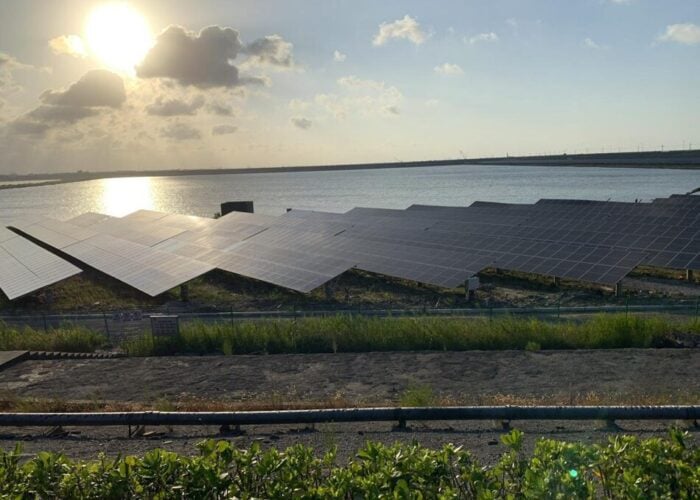Matheson Tri-Gas and Rasirc have signed an exclusive distributor agreement, in which the gas company will distribute the equipment manufacturer’s purification and delivery systems for controlled humidification and ultrapure steam generation for solar and microelectronics applications throughout the United States.
The companies say they finalized the deal at a recent meeting between Volker Heilmann, Matheson’s senior VP of strategic products and equipment, and Rasirc founder and president, Jeffrey Spiegelman.
Unlock unlimited access for 12 whole months of distinctive global analysis
Photovoltaics International is now included.
- Regular insight and analysis of the industry’s biggest developments
- In-depth interviews with the industry’s leading figures
- Unlimited digital access to the PV Tech Power journal catalogue
- Unlimited digital access to the Photovoltaics International journal catalogue
- Access to more than 1,000 technical papers
- Discounts on Solar Media’s portfolio of events, in-person and virtual
Or continue reading this article for free
“This new relationship has significant benefits for our present and future customers, including the ability to support their long-term growth in dynamic market environments,” said Spiegelman. “The agreement is expected to significantly raise the profile of Rasirc’s capabilities within the electronics and solar marketplace.”
“This is a strong alliance, coupling the sales presence of industry leader Matheson Tri-Gas and Rasirc’s innovative technology and product portfolio,” explained Heilmann. “We look forward to a long-term relationship developing out of this agreement.”
Rasirc, which has done development work with Fraunhofer ISE and a number of solar sector manufacturers, says that its technology can improve PV materials and production processes.
Ultrapure steam can be used to form the transparent conductive oxide that improves solar energy capture and can also be employed to grow wet thermal thick oxides on the backside for current isolation in backside contacts, the company says. In addition, steam can help create isolation layers between films and annealing of films to reduce defects and enhance cell efficiencies.

